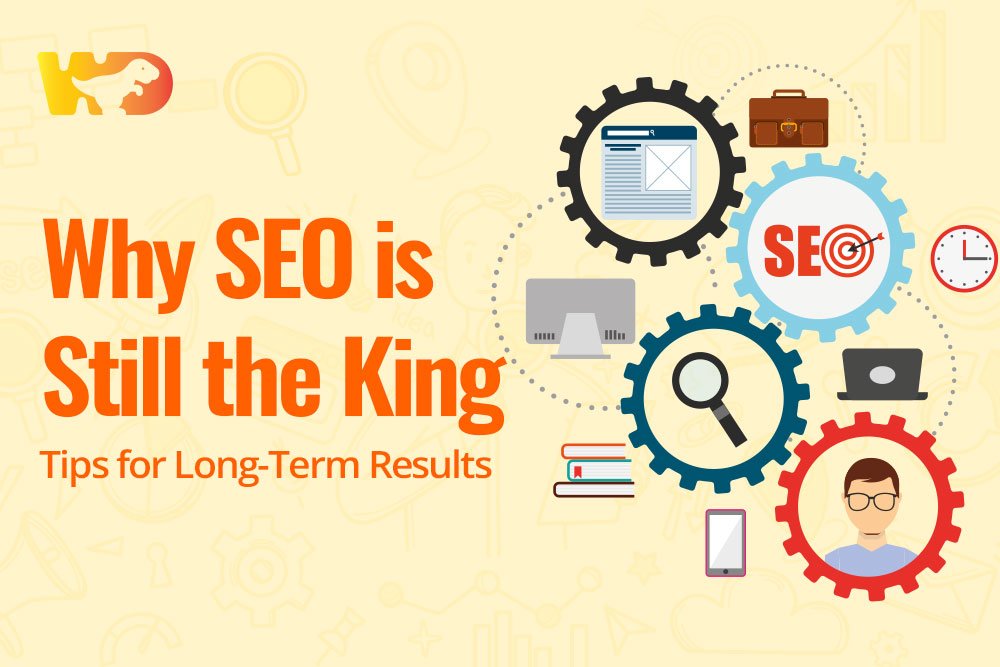
In the digital age, digital marketing has become a cornerstone for businesses seeking to grow sales and build a strong brand presence. Leveraging various online strategies and tools, digital marketing offers a dynamic approach to reaching and engaging customers, driving revenue, and establishing a lasting brand identity. Here’s how digital marketing works to boost sales and build brand success.
- Understanding Your Audience
The first step in effective digital marketing is understanding your target audience. Digital marketing tools and analytics provide valuable insights into customer behaviors, preferences, and demographics. By using this data, businesses can create tailored marketing campaigns that resonate with their audience, increasing the likelihood of conversions and sales. - Leveraging Multi-Channel Strategies
Digital marketing encompasses multiple channels, including search engines, social media, email, and content marketing. Each channel offers unique opportunities to connect with potential customers. By implementing a multi-channel strategy, businesses can reach their audience at various touchpoints, enhancing visibility and driving more traffic to their website. - Optimizing for Search Engines
Search Engine Optimization (SEO) is a crucial component of digital marketing that helps improve a website’s visibility in search engine results. By optimizing website content with relevant keywords, improving site structure, and acquiring quality backlinks, businesses can rank higher in search results, attracting more organic traffic and increasing sales potential. - Harnessing the Power of Social Media
Social media platforms are powerful tools for building brand awareness and engaging with customers. By creating compelling content, running targeted ad campaigns, and interacting with followers, businesses can strengthen their brand presence, foster customer loyalty, and drive traffic to their website. Social media also offers valuable insights into customer preferences and trends. - Creating Engaging Content
Content marketing plays a vital role in digital marketing by providing valuable and relevant information to your audience. Blog posts, videos, infographics, and other forms of content help educate and engage potential customers. High-quality content not only drives traffic but also establishes your brand as an authority in your industry, enhancing credibility and trust. - Utilizing Email Marketing
Email marketing remains one of the most effective ways to nurture leads and drive sales. By sending personalized and targeted emails, businesses can keep their audience informed about promotions, new products, and valuable content. Email marketing helps build and maintain relationships with customers, encouraging repeat purchases and brand loyalty. - Implementing Paid Advertising
Paid advertising, including Pay-Per-Click (PPC) and display ads, offers a direct way to drive traffic and increase sales. Platforms like Google Ads and social media networks allow businesses to target specific audiences with tailored ads. By managing ad budgets and optimizing campaigns, businesses can achieve a higher return on investment and boost sales. - Analyzing and Adjusting Strategies
One of the key advantages of digital marketing is the ability to track and analyze performance. Tools like Google Analytics provide insights into website traffic, user behavior, and campaign effectiveness. By regularly analyzing this data, businesses can adjust their strategies, optimize campaigns, and make data-driven decisions to improve results and drive sales growth. - Building Brand Consistency
Digital marketing helps build and maintain brand consistency across various platforms. Consistent messaging, visual identity, and tone of voice reinforce your brand’s image and values, creating a cohesive experience for customers. Strong brand consistency enhances recognition, trust, and loyalty, contributing to long-term success. - Encouraging Customer Engagement
Engaging with customers through digital marketing channels fosters a sense of connection and community. Responding to feedback, addressing inquiries, and encouraging user-generated content can strengthen relationships and create a positive brand perception. Engaged customers are more likely to become repeat buyers and brand advocates.
Conclusion
Digital marketing is a powerful tool for driving sales growth and building a successful brand. By understanding your audience, leveraging multiple channels, optimizing for search engines, and creating engaging content, businesses can enhance their online presence, attract more customers, and achieve their sales goals. With the ability to analyze performance and adjust strategies, digital marketing offers a flexible and dynamic approach to achieving long-term business success. Investing in a comprehensive digital marketing strategy is essential for staying competitive and thriving in today’s digital landscape.


